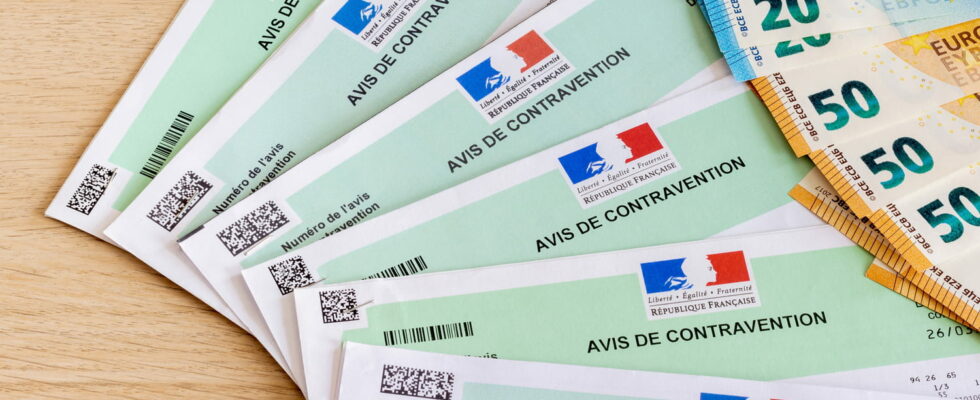With the digitalization of administrative procedures and public services, almost everything is done online. But it is still possible to pay many “everyday bills” in cash at tobacconists.
Nowadays, most amounts owed to public administrations, such as taxes, fines or even nursery or school catering services, are payable via the Internet. Many organizations and local authorities have their own online payment space, and the rest goes through the portal of the General Directorate of Public Finances (DGFiP), more commonly called the “Public Treasury”.
But not everyone is in the same boat when it comes to digital tools and payments. Some people are not comfortable with computers, and others simply do not have a bank account or credit card. However, the number of “Public Treasury” counters has only been reduced over time, with the various agencies gradually being grouped together within the “Accounting Management Service” (SGC), for the sake of savings.
To compensate for the scarcity of its physical counters, the DGFiP has therefore delegated this public service mission to a group formed by the Confédération des Tobacconists and Française des Jeux. Since July 2020it is therefore possible to pay a whole bunch of “daily bills” (in the words of the Ministry of the Economy) at one of the 15,000 approved tobacconists, from whom you can consult the list by department and municipality via an interactive online map.
Called “Proximity Payment”, this system presents several significant advantages for citizens. First of all, the network of tobacconists is very dense in France and covers a large part of the territory in a fairly homogeneous manner. Unlike Public Treasurys/SGCs, most small and medium-sized towns have at least one tobacconist, often located near the center or public transport, making it easily accessible.
Then, the act of payment is extremely simple, since you just have to show the document (the invoice, the fine, the tax notice) to the tobacconist, who then scans the bar code (QR Code or Datamatrix) present on it and then collects the corresponding amount, without any additional cost. And this is the final advantage: invoices or amounts due can be paid by credit card of course, but also in cash.
Please note, this flexibility is still regulated. For all bills other than taxes, such as fines, daycare or canteen for example, cash payment is limited to a maximum of 300 eurosand the bank card is necessary beyond that. And for taxes, such as small property or housing taxes, the rule is even stricter, since the limit of 300 euros then applies to both cash and bank cards.
Also note that, to be payable at an approved tobacconist, the document in question must include the words “ payable to a tobacconist » and, above all, be equipped with a two-dimensional barcode, the famous “QR Code” or “Datamatrix”. So be careful, because certain establishments and communities, such as hospitals or municipalities, have what is called an “administration”, and then collect payments directly.
If in doubt, remember to check with the nursery, town hall or hospital what the payment terms are and what the “billing process” is in force. If you wish to take advantage of payment at a tobacconist, you will sometimes have to wait for your invoice to be sent to the “Public Treasury” and for it to send you a Notice of amounts payablewhich will then be covered with a “QR Code” and which you can therefore pay at an approved tobacconist.
